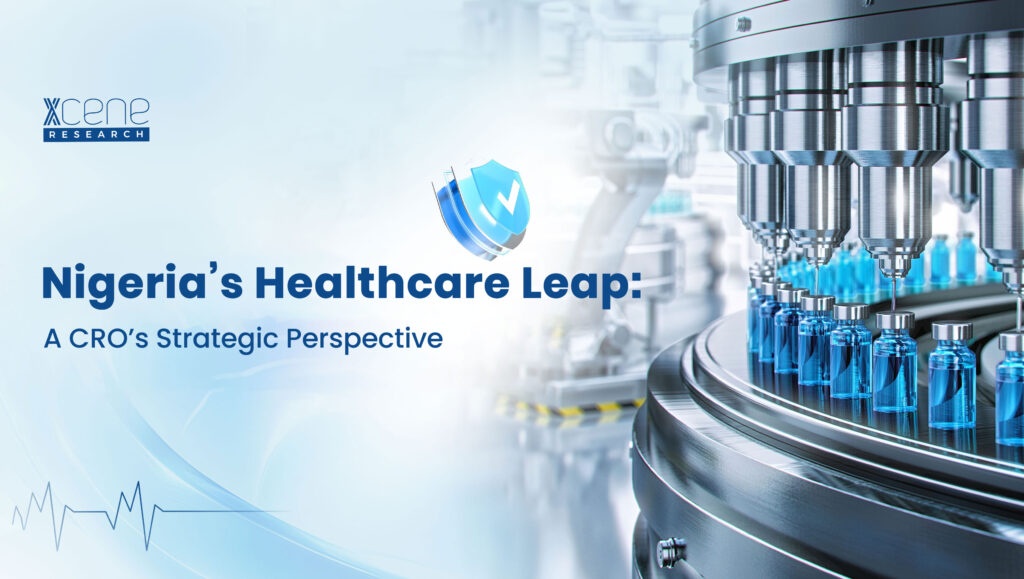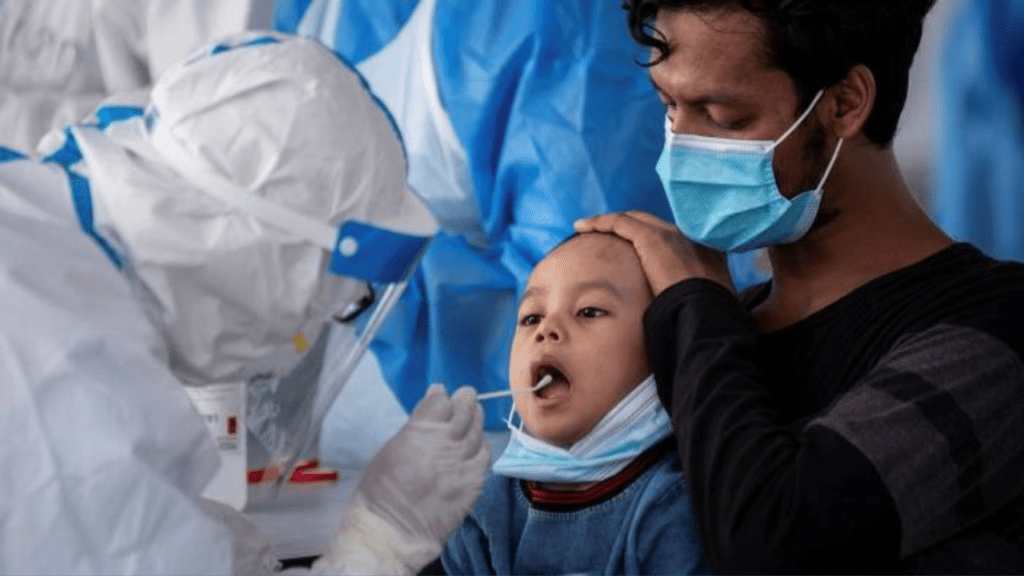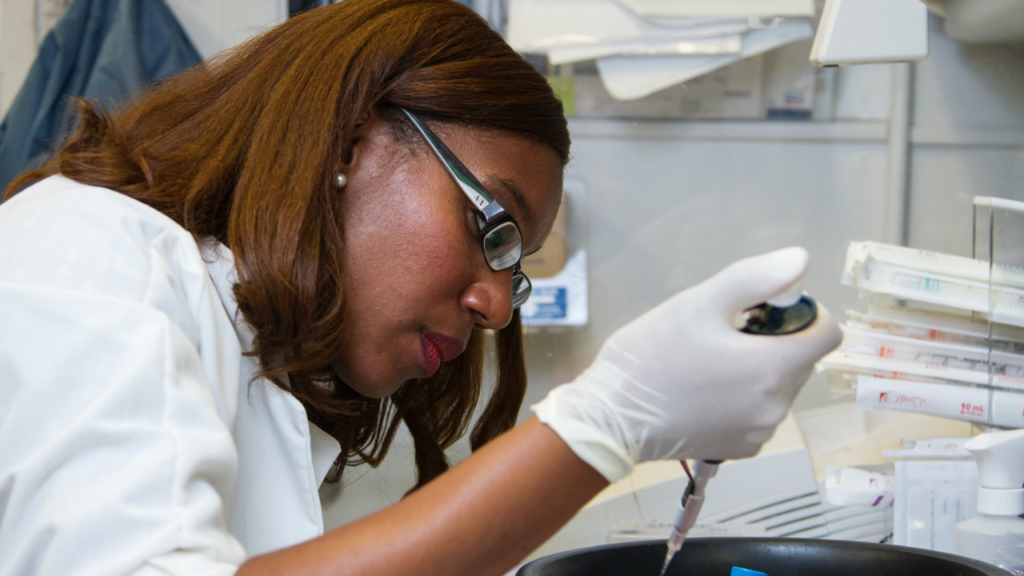Nigeria, Africa’s most populous nation (approximately 235 million people), is finally turning the page on decades of health-sector dependency. Historically, we have imported approximately 70% of our drugs and virtually all vaccines. Patients often spend up to $2 billion a year travelling abroad for care. But today, a bold, government-led reset is underway. The new Presidential Initiative for Unlocking the Healthcare Value Chain (PVAC) recently launched sets clear targets: 70% local production of medicines and supplies by 2030, halving outbound medical tourism, and creating 30,000 healthcare jobs. This isn’t rhetoric; policy reforms like removing VAT and import duties on pharmaceutical inputs show that Nigeria is opening its doors to investment.
Local manufacturing is already ramping up. Global partners are committing to “made in Nigeria” projects. These partnerships mean that essential drugs, devices, and diagnostics will become faster and cheaper for Nigerians. In total, PVAC already has 74 projects ($5 billion pipeline) across vaccines, nutrition supplements, oxygen, and more, a portfolio of opportunities for investors and innovators. By building API and diagnostic plants (e.g., a new Active Pharmaceutical Ingredient facility in Lagos), Nigeria is reversing brain-drain and equipping a generation of pharmacists, engineers, and scientists with skilled jobs.
Crucially, Xcene Research sees Nigeria’s trial ecosystem transforming too. Today, Africa conducts <3% of all global trials, despite being 18% of the world’s population. PVAC is targeting that gap: by 2028, Nigeria plans 437 trial centres generating $3.8 billion in research revenue and 500,000 jobs. For drug sponsors and biotech investors, that represents untapped promise. Nigeria’s large, genetically diverse patient population is ideal for testing new therapies, from malaria vaccines, diabetes, and sickle cell drugs. We are prepared for this scale-up. As NAFDAC notes, a “reliable and qualified CRO brings expertise, regulatory knowledge, and operational efficiency” to trials. We can bridge global sponsors with local hospitals and communities, ensuring trials run smoothly and ethically. Strengthening the workforce is already a focus: for example, Xcene Academy, the training and development arm of the CRO, hosts a translational internship program in Lagos to train the next cohorts of African scientists. These efforts, plus PVAC’s Clinical Trial Community of Practice convening government, regulators (NAFDAC), and research centres, mean trial sites and talent are rapidly maturing.
For stakeholders, the benefits are clear:
- Investors: Nigeria’s healthcare market is huge (estimated $4–6 billion yearly) and growing. Statistics project Nigeria as one of Africa’s top pharma markets by 2027. New policies (e.g., zero VAT on pharma equipment) de-risk investment. Measurable targets (70% local production, $3.8 B trials revenue) provide clear roadmaps for returns.
- Pharma Sponsors and CROs: Global drug companies can now partner with Nigeria as a manufacturing base and a trial hub. Local production of generics and devices means faster scale-up. At the same time, an expanding trial network (hundreds of sites by 2028) offers patient recruitment and real-world data in major disease areas. Xcene Research is already aligned with NAFDAC’s high standards to ensure quality. In short, clinical development here in Nigeria will be faster, cheaper, and more representative, a win for global R&D programs.
- Policymakers: The PVAC model shows how health reforms can drive economic growth. Coordination across ministries (Health, Finance, Trade, etc.) and agencies (NAFDAC, NIPRD, NSIA) is restoring trust. Thousands of jobs are being created in manufacturing and research. Ongoing initiatives (e.g. executive orders and public–private coalitions) demonstrate that Nigeria is committed to self-sufficiency. Continuing to nurture talent (through training programs like the Xcene Academy Internship Programs and research funding) will amplify these gains.
- Nigerian Citizens: Local production and trials translate into real benefits at the clinic and pharmacy. Patients will get cheaper medicines and diagnostics, faster, because we no longer rely on distant suppliers. For example, in 2025, a WHO-certified diagnostics plant in Ogun State and multiple drug plants will start operations. This means rural clinics will soon have life-saving malaria tests and equipment on hand. More jobs in healthcare (est. 30,000 by 2030) keep talent at home, improving care quality. Ultimately, a self-reliant system provides Nigerians with dignity and security, healthcare as a right, not a privilege.
These developments did not happen by chance. Eliminating taxes on healthcare inputs has signalled that “this is the time to invest in Nigeria.” Health Minister Muhammad Ali Pate has united the private and public sectors in this vision, reminding everyone that “betting against Nigeria … will always be a strategic mistake.” As an Indigenous CRO, we can say with confidence: we are at a rare inflection point. The pieces are in place: policy support, local partnerships, growing infrastructure and talent, to deliver a world-class health industry. Now is the moment for global investors, sponsors, and Nigerian innovators alike to seize this opportunity. By collaborating today on manufacturing and trials, we will build a healthcare sector that not only keeps Nigerians well but also drives shared prosperity.



